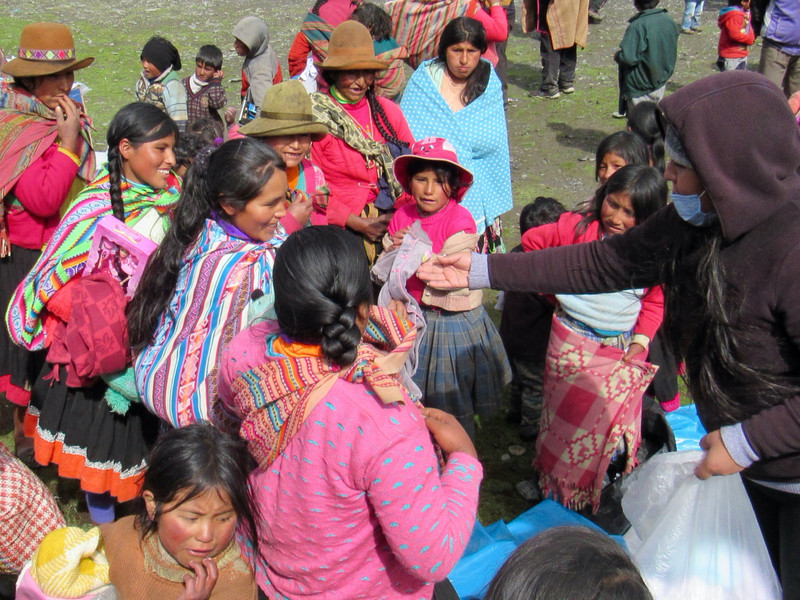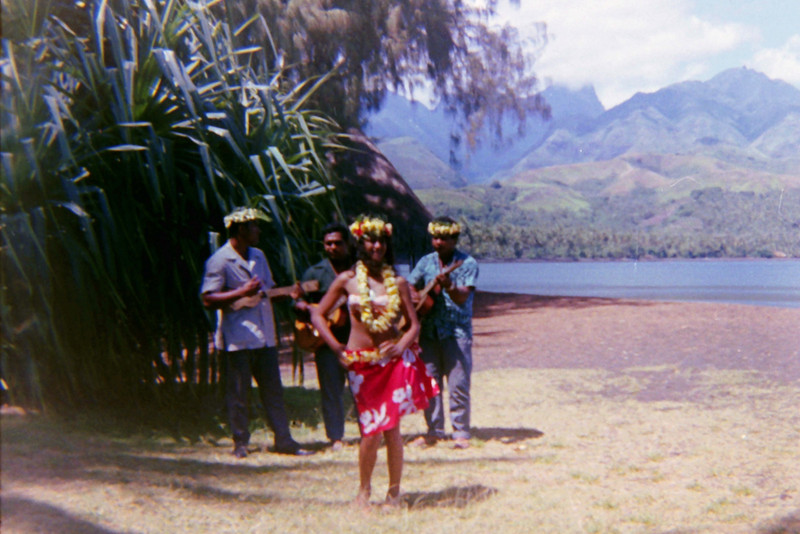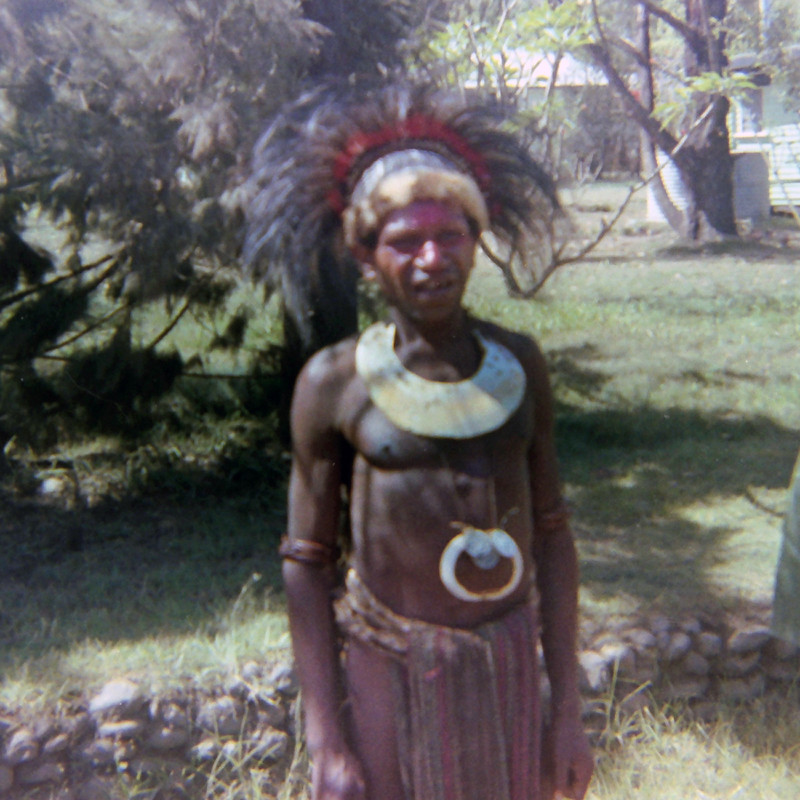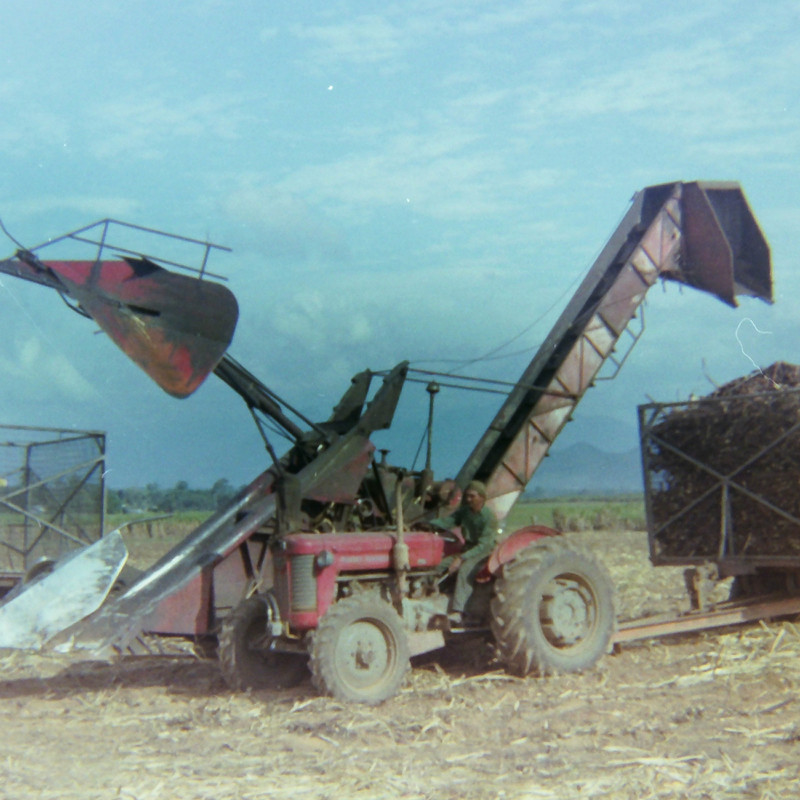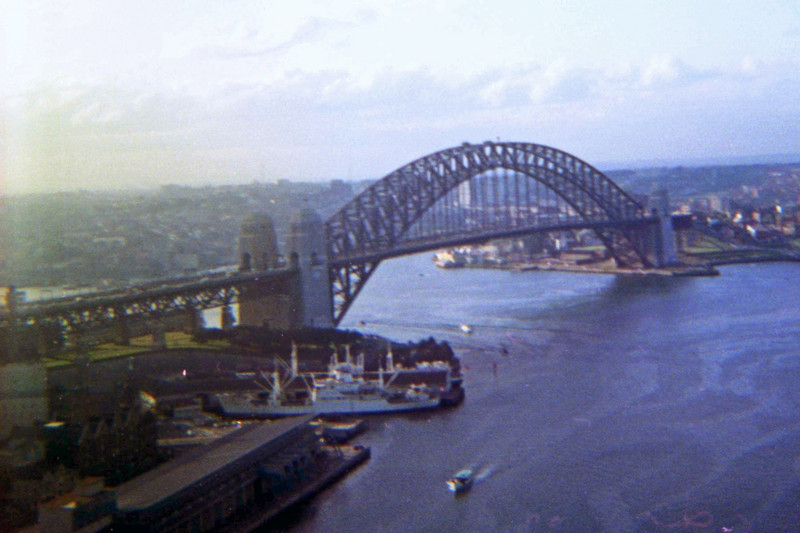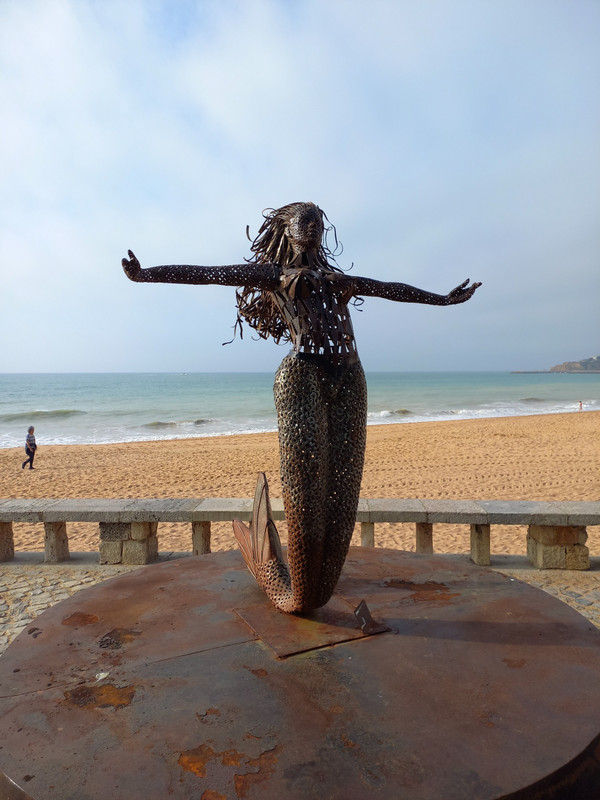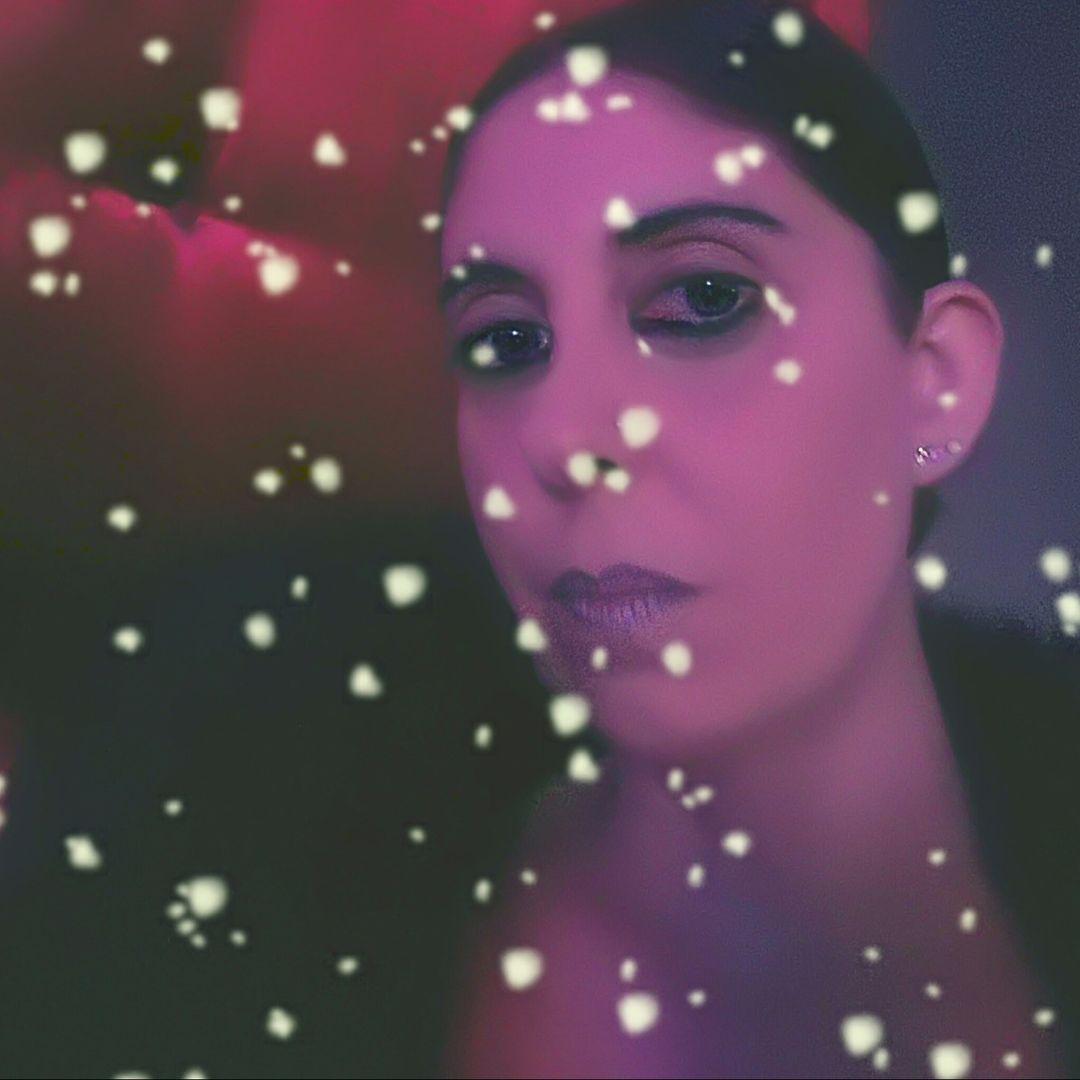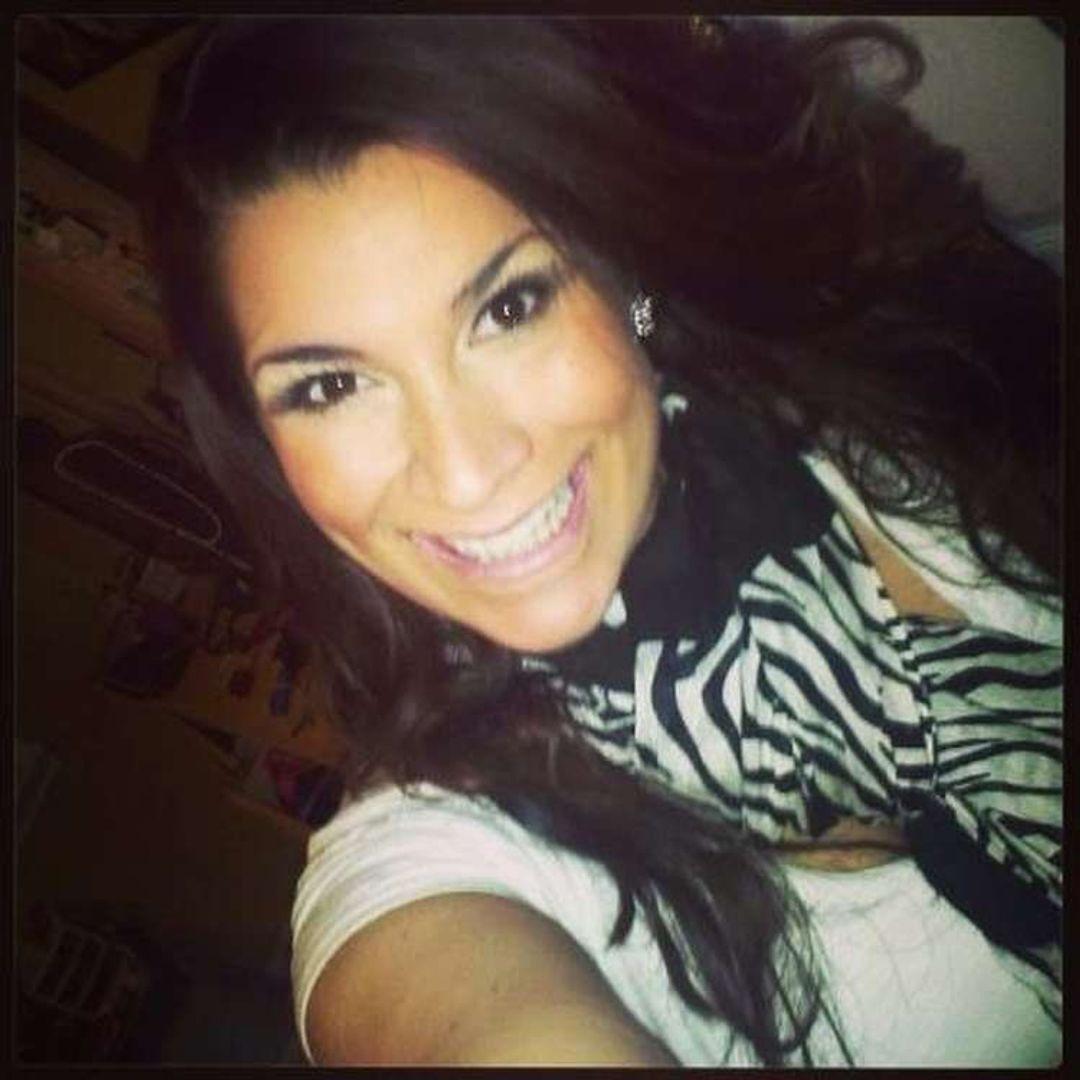Lucero, one of our volunteers at the Covid Relief Project, distributes baby clothes to mothers at Hatun Qero. The closest town where you could buy clothes is three hours on a rough dirt road from Hatun Qero.
Hatun Qero is about a six hour drive from Cusco, which is why we asked the mayor of Paucartambo to send transportation that could pick us up at 5am. The night before he had sent a large truck to pick up twenty desks which were generously donated by the school where Henrys sister teaches. Of course, the school has been closed all year due to the pandemic, so nobody has gotten to use these desks in 2020.
All of the villages of the Qero Nation are part of the district of Paucartambo. Last Sunday, Sofia, who works in the Paucartambos mayors office, organized everything for our visit to Japu. Unfortunately, she was not available this weekend and we didnt have anybody like her to help everything go according to plan. We were at the Maytaq Wasin, ready to load the food and clothes, at 5am. When Auqui called to check how close the trucks were, we were told that they were just leaving Paucartambo. That meant, the best case scenario would be that they would get to Cusco two hours late.
Though it was snowing when we arrived, few adults in the village have shoes. Almost everybody wears ojota, the black rubber sandals that are ubiquitous in the Andes. Most of the children who have shoes also wear ojota, although not everybody has shoes.
roads, and very long days, but I was a bit worried about our other volunteers. Kara and Katie were visiting from the US and had barely had 24 hours to acclimatize in Cusco. I wished that they had been able to get another two hours of sleep. Wilbert and his daughter Miska, Auquis brother and niece, were also joining us for the first time. We wanted them to enjoy the day, which was already going to be long, even without the extra two hours hanging out near the hotel. Henrys niece Lucero was with us, but shes to both Mayubamba and Marampaqui, so this wasnt her first impression of how things go with the Covid Relief Project.
Eventually, two extended cab 4 wheel drive pickups arrived. We piled 160 bags of rice, two sacks of 300 oranges each and the two cans of 30 liters of fresh milk in the first pickup. The second pickup got 160 bags of salt, 320 bags of oatmeal and eight sacks of childrens clothes. It was almost 8:00 when we left, which meant that we didnt get to Hatun Qero until almost 2pm. Nothing had been open in Cusco so early
As with every chocolatada, we ask everybody to bring their own mug for the hot chocolate. Kids are always served first and we make sure that everybody gets one of the
on a Sunday morning, so none of us had eaten breakfast. hadnt prepared any boiled potatoes or anything else for us, plus there wasnt really any time for lunch anyway. I am so thankful for all of our volunteers, who stayed helpful and cheerful during a very, very long day!
We started with the distribution of childrens clothes while the hot chocolate was being made, like we have done with the previous four chocolatadas. As always, many people did not have a cup, but thankfully somebody had a key for the school and they brought out the cups that children used to use during lunchtime. We served the children first, then Lucero went around to collect the cups from the children to be used again by the adults. Somebody in brought us a bucket of water with some bleach in it, to rinse out the cups.
There are no cases of Covid in the area, so the worst they could catch from each other would be the sort of cold that people passed around before the pandemic. Coming from Cusco, we are always very aware that we are the greatest danger they have faced
This is Lupes second time volunteering with the Covid Relief Project and we are so grateful for her help! She has also gone to the used clothes markets to buy warm clothes for the children.
since the pandemic began.
Travelmates near
